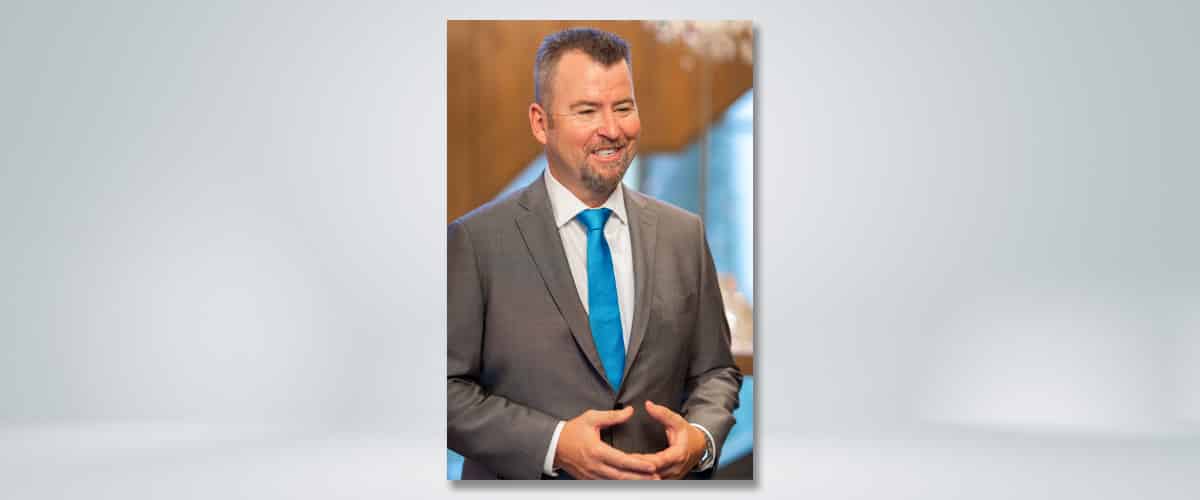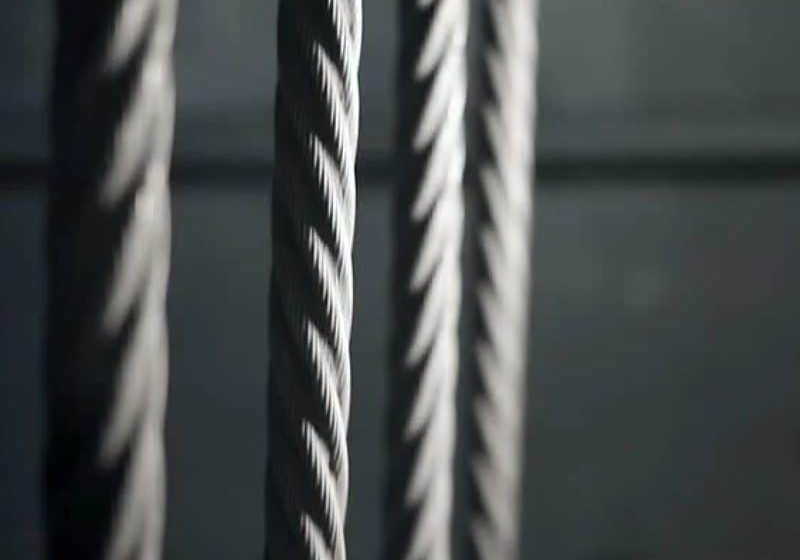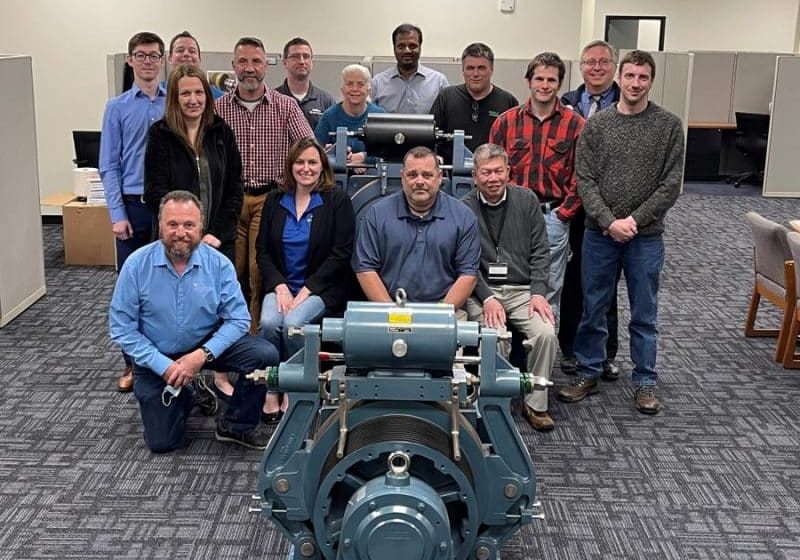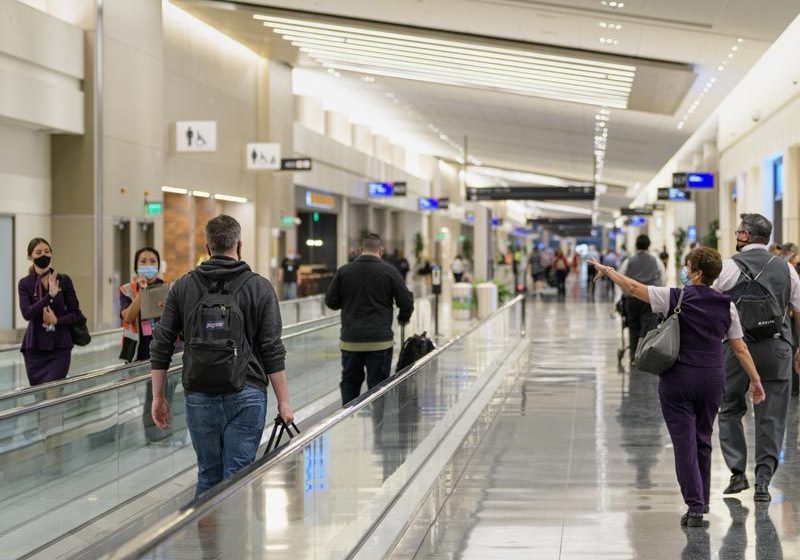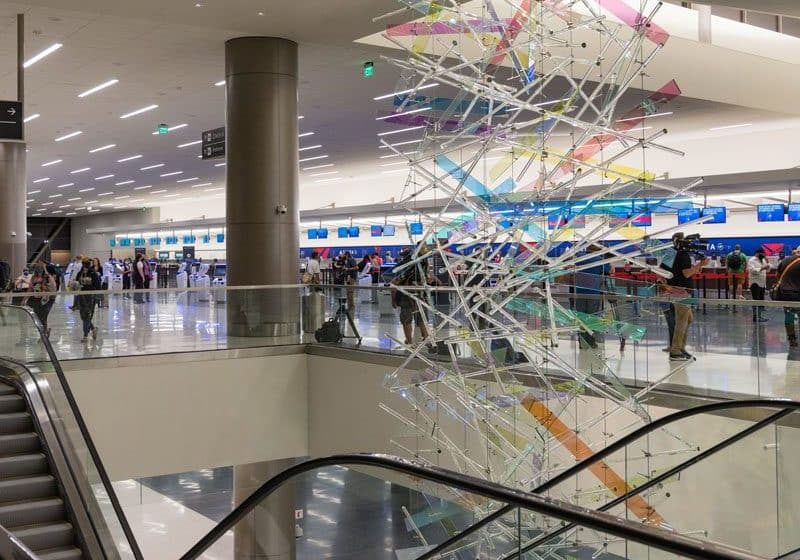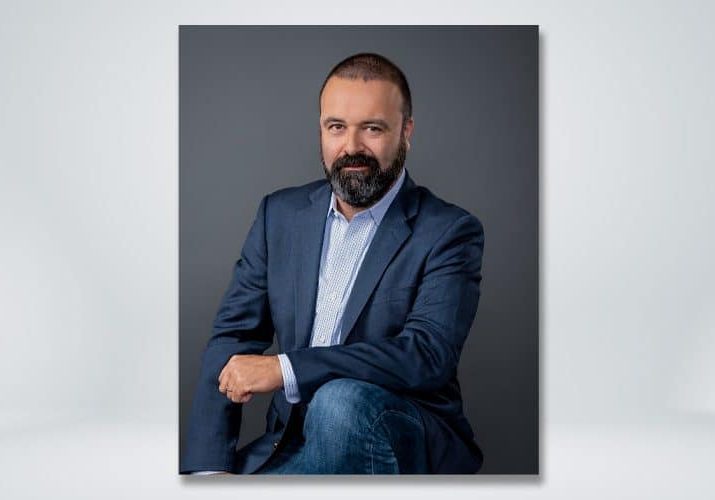An elevator man through and through, TKE executive Kevin Lavallee takes a high-energy approach to business and life.
To describe Kevin Lavallee as high energy is an understatement. A native of Canada and recent transplant to Atlanta, Lavallee possesses a casual, friendly demeanor that belies a tremendous drive and a focused approach to business and life. Growing up in Oshawa on the shores of Lake Ontario, Lavallee unofficially started in the industry when he was only 10 years old, getting paid CAD2 a call by his dad, an adjuster for Northern Elevator, to assist with callbacks. “I could troubleshoot and fix basic elevator problems before I even started in the industry,” he says. As an executive with numerous titles and responsibilities — CEO of TK Elevator (TKE) North America, chief operating officer (COO) of TKE and TKE global head of Field Operations/Elevator Technology (which includes Australia) — Lavallee earns considerably more than 2 dollars a call these days. That affords him the ability to enjoy hobbies such as traveling North America and the world on his Harley-Davidson motorcycle.
In the next 10 years, he plans to motorcycle “around the world” — a trip that entails 243 riding days. About getting the motorcycle from place to place, Lavallee says:
“For this around-the-world trip, there is a company that I’ve done some trips with that has the logistics worked out fairly well. They have a van with parts and tools and they follow you. When you have to cross the ocean, they handle transporting your bike and arranging a place to park it. In some places, you rent bikes, as well.”
Lavallee already had a 26-year elevator career when he retired in 2011 at age 44 to launch a consultancy focused on commercial development. Before TKE approached him about returning in late 2018 to become CEO of North American operations, he and his wife, Barbara, whom he met in 10th grade, had seven years to enjoy life with their three daughters, although, he says, he “wouldn’t want them anywhere near a motorcycle.” Barbara rides with him, but not on long hauls. For those, Lavallee is mostly a lone wolf. He says:
“I got my first dirt bike when I was 5, and as soon as I got my license, I got a motorcycle. When I retired, my wife wanted to travel. Of course, I had spent a lot of my life on planes and in hotels, so that’s the last thing I wanted to do. So we came to a really good agreement: She would pick a place somewhere in the world she really wanted to go, like Vietnam, Thailand or Egypt, and I would go and ride in that country for four or five weeks on a lone motorcycle trip. She would then come and join me. I’ve pretty much been everywhere on our wish list three or four times. We love Italy. My wife and I came really close to moving there before I came back to work, and I am sure we’ll visit again.”
A Long and Storied Elevator Career
Ironically, where Lavallee worked with his father — Northern Elevator — ended up being the first company acquired by what was then Thyssen. The company, he observes, went from having practically zero elevators globally to one of the largest vertical-transportation (VT) companies in the world. Lavallee joined the International Union of Elevator Constructors when he was 18, becoming an adjuster at Northern Elevator in 1985 one year after Thyssen bought the company. Northern would eventually become ThyssenKrupp Elevator Canada. There, Lavallee worked his way up, eventually to CEO.
The elevator division, the conglomerate’s most profitable, was bought by a consortium in 2020. Prior to that, in 2018, “they asked me if I would be interested in coming back because they were going to truly transform the company and the elevator business, so I was really excited to say ‘yes.’” In the role of global head of Field Operations/Elevator Technology with the additional responsibility of Australia, Lavallee and Barbara relocated from Toronto to company headquarters in Essen, Germany. In October 2019, he also assumed the role of president and CEO of TKE North America, necessitating a move to the company’s new North American headquarters taking shape near Atlanta. Lavallee says he and his family are adjusting well, adding, “I can’t get enough of the great barbecue.” The scenic area is also ideal for long motorcycle rides.
Instrumental in Acquisitions
In the late 1990s, when he was senior vice president under Thyssen Canada President Barry Pletch and overall company President Gary Elliott, Lavallee was part of a team that acquired Dover. The move helped cement TKE’s foothold in North America. Lavallee says:
“I knew the people and I knew the business structure, so I went out and did a lot of the analysis and helped form the post-integration plans. With Barry [Pletch], I helped figure out how we were going to integrate Dover into our businesses in Canada and the U.S. We added the company into ours pretty quickly and became a much better company with Dover onboard. There were a lot of acquisitions after that, as well.”
Both the challenging and rewarding part of getting to work for a company like TKE is that I can take the long-term view that whatever we’re going to build is going to be better 10 years from now, five years from now, for everybody.
These included City Elevator in Sydney, Australia, working with City Elevator Managing Director Peter Walker on integrating it into the fold. Walker became CEO of TKE globally in 2019. “Peter now leads our company globally, so it worked out well,” Lavallee says.
Additional acquisitions in which Lavallee played an instrumental role include:
- U.S. Elevator Corp., a company founded in 1967 that was possibly the first company in North America to make a microprocessor-controlled elevator[1]
- Computerized Elevator Control Corp., known for producing the Swift line of elevator controllers since the early 1990s[2]
- Niagara Elevator
- General Elevator
- Mainco
While still CEO of Canada, Lavallee became president of Australia in 2002, holding that role through 2005. Being global head of field operations is his second experience in the market, which, he says, despite being on the other side of the world, is a lot like America in terms of the VT industry. “They don’t use subcontractors and have a very knowledgeable and technologically advanced workforce,” he observes, elaborating:
“In many parts of the world, the elevator manufacturers use subcontractors to install their products. These subcontractors can and do install for all true OEMs in many cases. But, in North America and Australia, our installation employees are full time.”
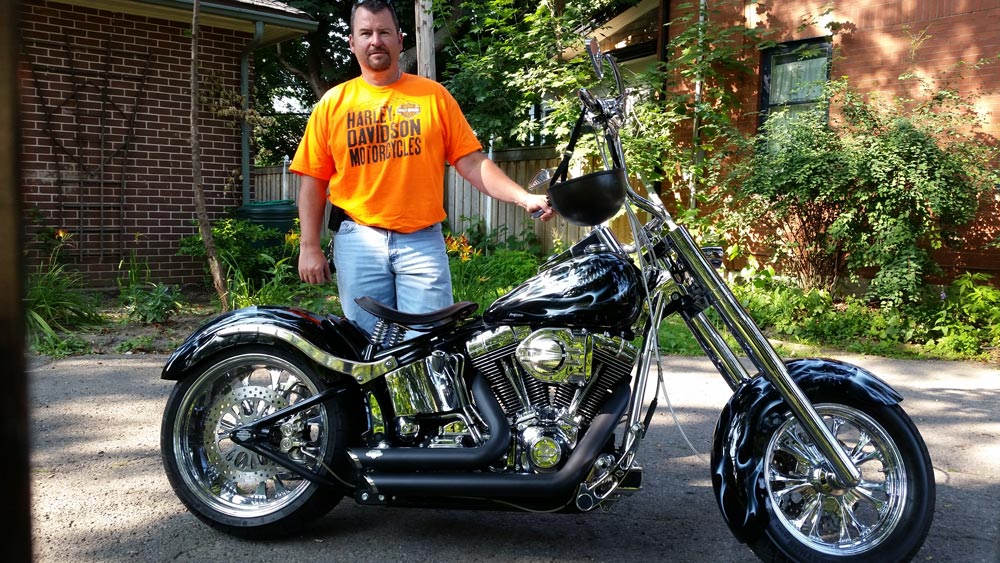
Lavallee says the most challenging and rewarding part of being a TKE executive is “taking the long view” and staying focused on elevators and elevator-customer service. These days, he says, “we’re seeing companies buying up smaller companies and not really taking the long view,” continuing:
“They’re just trying to buy them and flip them for a profit. That’s not good for customers, suppliers or people in general. Everybody wants a career, and you want to do things that are right for the long haul. And if you do them efficiently, that’s good for everybody. I’d say that’s both the challenging and rewarding part of getting to work for a company like TKE — that I can take the long-term view that whatever we’re going to build is going to be better 10 years from now, five years from now, for everybody.”
As for where Lavallee will be in 10 years, chances are good it will still be as a leader with TKE. “It’s pretty hard to leave an industry where they pay you to do what you love,” he says. “Remember — I used to do it for CAD2 a call.”
What Does an Elevator Executive Read?
At least recently, no boring books about navigating and conquering the corporate world are on this executive’s reading list. The last books Lavallee read both delved into the details of building vastly different dynasties: “Their Life’s Work” by Gary M. Pomerantz about the 1970s Pittsburgh Steelers (widely considered the greatest dynasty in U.S. football) and “Hell’s Angels: A Strange and Terrible Saga” by Hunter S. Thompson, about the origins and evolution of the notorious biker gang. “It was interesting to learn how both organizations were built,” Lavallee says.
References
Get more of Elevator World. Sign up for our free e-newsletter.
